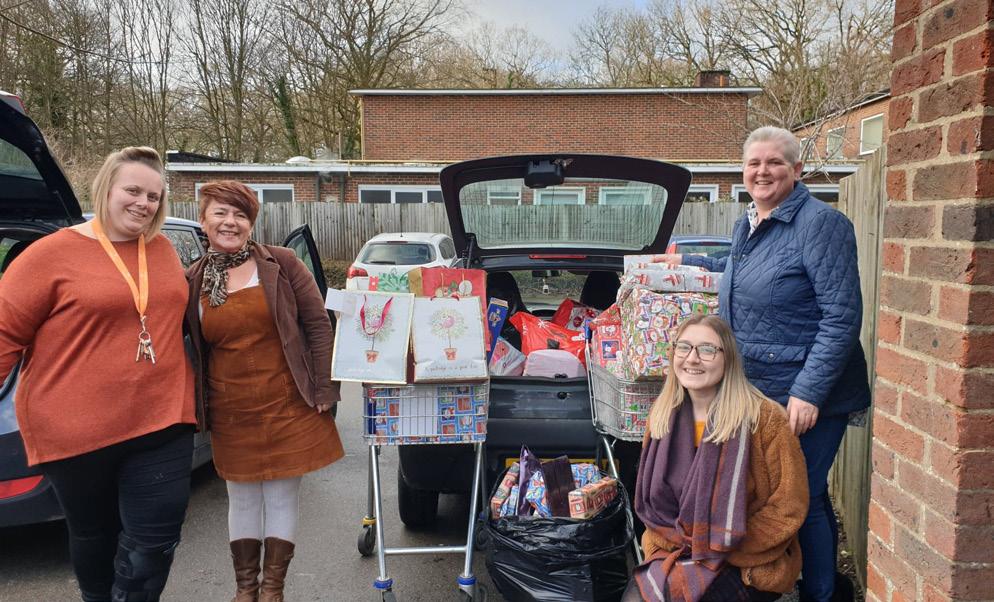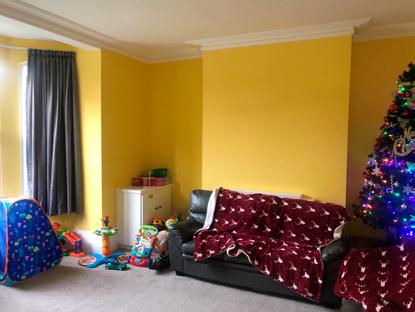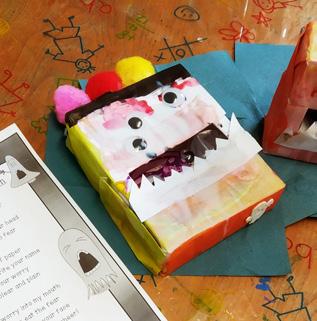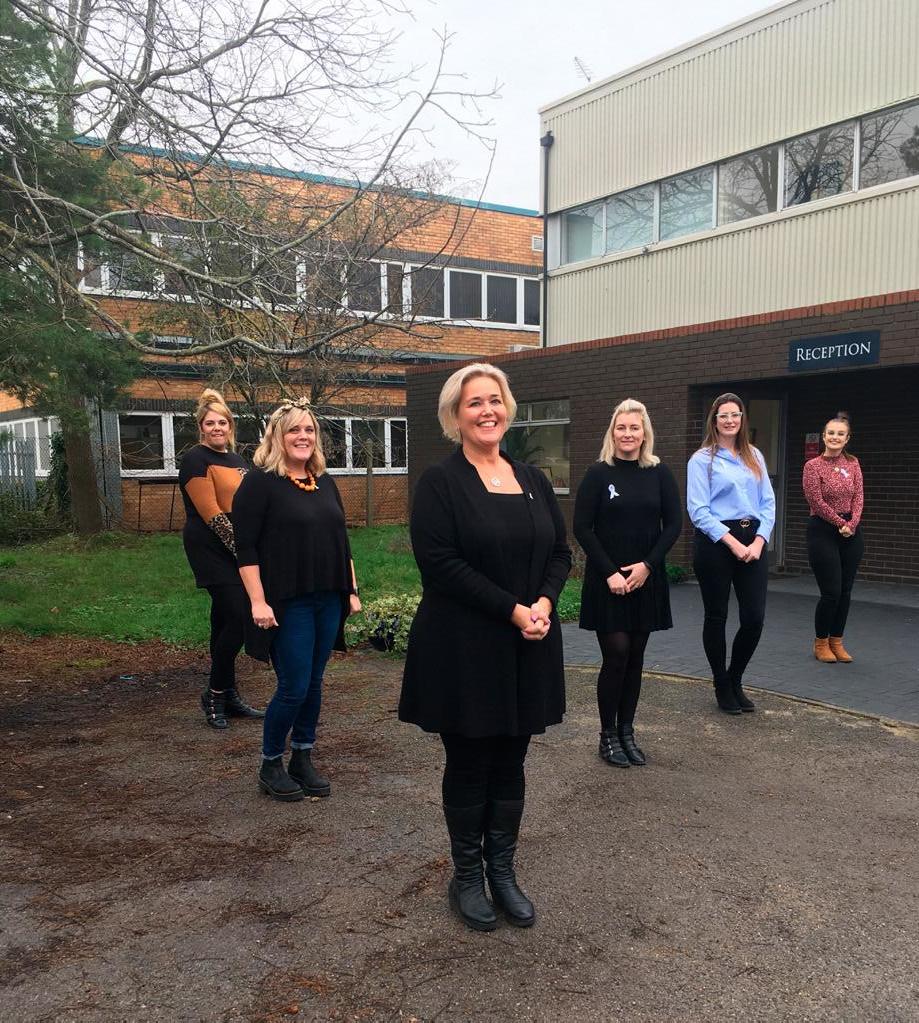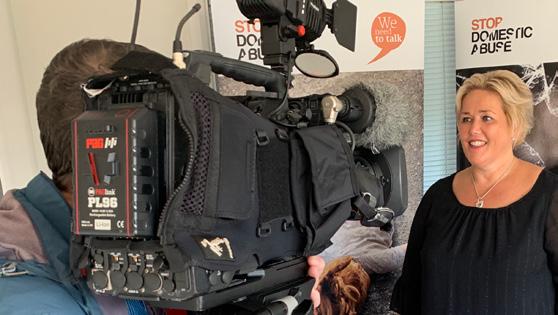
4 minute read
Jen’s Story: A refuge client
Jen was in a violent relationship with a cocaine addict. One Christmas her abuser held a knife to her throat. Stop Domestic Abuse arranged for Jen to stay in a refuge.
I’d wanted to leave my relationship with Sean for so long, but i couldn’t see a way
Advertisement
out. I was terrified of what he would do if i tried to leave.
There were numerous physical assaults over the years, but I never went to the police. I was too scared of him and his family. He had completely isolated me from my family and friends.
I wasn’t allowed any friends. Mostly he would just tell me where I should be and when I should be there. I just stopped bothering to go out, rarely left the house as it was just easier to go along with whatever he said.
He was high and flew into a rage
He wasn’t only controlling, he was so violent. He was addicted to cocaine and when he was using, he was volatile. He would take out his aggression on me. There had been so many incidents over the years. One time he strangled me and tried to suffocate me.
My mental health had become so bad. I believed there was no way out, so I took an overdose thinking I was out of options. However, I wasn’t ready to admit what was really going on, so I didn’t seek support. I was smoking more cannabis than ever. I think I was trying to self-medicate as it was the only time I ever felt relaxed.
It wasn’t until the incident on Boxing Day that I realised Sean really would end up killing me.
He was high and flew into a rage, I can’t even remember what it was about. He held a knife to my throat and threatened to cut my face off and kill me.
i had to address my drug use
The incident was reported to the police who referred me to Stop Domestic Abuse. Not long after this I went into a refuge. As I had a sole tenancy on the flat I had left, the refuge worker explained that I could ask for a management move – swapping my flat with another in a different area with the same housing association. They needed evidence of the domestic abuse, so the refuge worker wrote a letter explaining my situation.
Having someone with me gave me confidence
While I was living at the refuge I was supported by the refuge workers and by Stop Domestic Abuse’s mental health worker. I started to learn other ways to cope such as mindfulness techniques
rather than using drugs. I also went to the Freedom Programme (designed to help victims make sense of domestic abuse) and began to understand the abusive and unhealthy behaviours I had been subjected to. While in refuge I celebrated my birthday, which was the first in years without drama.
I knew that I had to address my drug use. The refuge worker told me about Inclusion, which supports people kicking drugs. I was nervous so the worker offered to come with me to the first appointment. This was great as I didn’t need to worry about finding the right place. Having someone with me also gave me more confidence.
i’m doing voluntary work and have set myself goals
The support I received while at refuge helped me so much. I gained the confidence I needed to move on.
When I moved out of refuge, I was offered resettlement support, which has helped me find my feet in the new area. I am still working with Inclusion. Thanks to all the support I have received, I haven’t smoked cannabis for 19 weeks. I have left refuge and am living on my own in a flat. I have even started doing some voluntary work and have set myself some new goals to undergo some training to help build myself a new career.
Statistics
Two women a week are killed by a current or former partner in England and
Wales (ONS, 2019)
Three women a week take their own lives as a result of
domestic abuse (SafeLives, 2019)
An estimated 2.4 million adults experienced domestic abuse in the year ending
March 2019, (ONS, 2019)
85% of abuse victims sought help five times on average from police, social workers or other non-domestic abuse specialists in the year before they got effective help
(Safelives, 2015)
On average, a victim of domestic abuse will experience 50 incidents of abuse before getting help
(Safelives, 2015)
More than 1 in 4 women aged 16-59 have experienced domestic abuse (ONS, 2019)
1 in 7 children experience domestic abuse (Woman’s
Aid, 2019)
In 2018 only 18% of women who had experienced domestic abuse in the past 12 months reported it to the
police (ONS, 2018)

